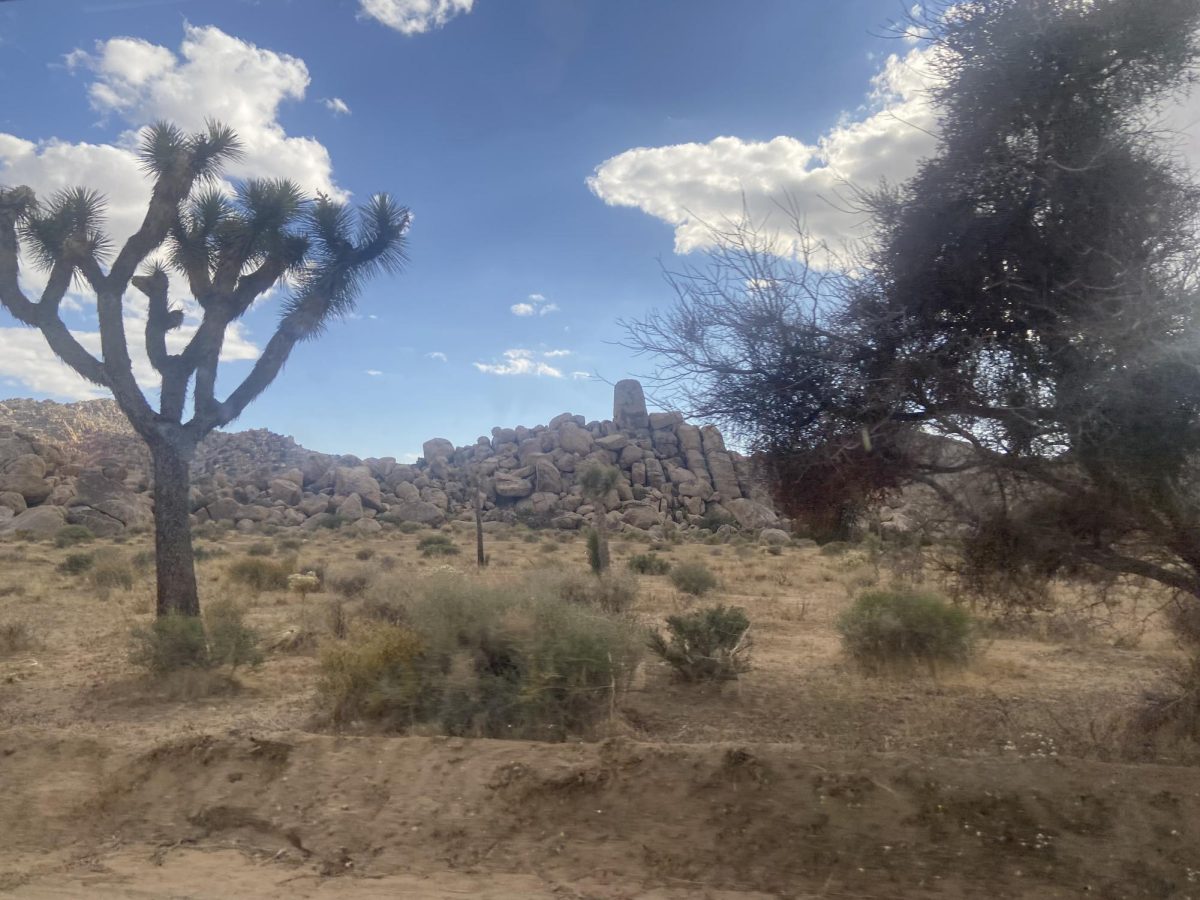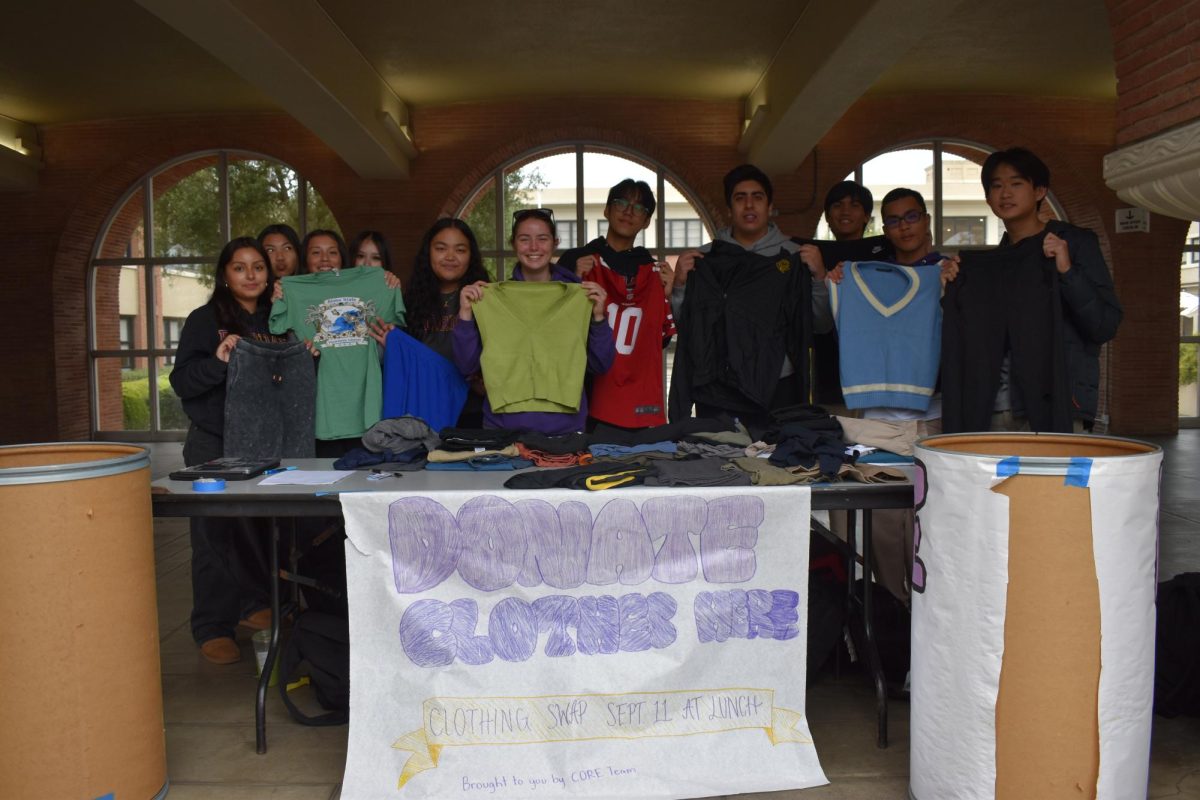Summers seem longer, winters are much more manageable. Each year, scientists record new high temperatures in the true San Francisco summer of October, and witness a truer stereotypical summer June-August. While some may enjoy these warmer days, these temperatures mean bad news for the Earth.
2023 was the hottest year on record. Unprecedented warm temperatures from the months June through December world- wide lead 2023 to greatly surpass 2016 as the hottest year in history.
The heat is a product of a mix of elements all having to do with climate change. Growing industrialization, machinery, and human waste have led to a warming Earth.
The heat has detrimental effects on both land and sea. Sea waters rose and icebergs especially in the Atlantic that are home to thousands of wildlife animals, most already endangered, melted significantly meaning these animals’ homes were destroyed.
The arctic animal population vastly declined. On land, the rate and magnitude of damage that hurricanes and wildfires increased tremendously. Places never seeing these types of weather patterns before who were therefore not prepared were hit hard. In California alone, Northern California was hit catastrophically by wildfires in the last few years and thousands of families’ homes were destroyed.
Caroline O’Connell ’25, a student in the Biomedical Program, spoke about the issue of how her family friends had to evacuate their home in Northern California once a year for the last few years due to fires saying that “their lives became temporarily destroyed, having to completely relocate annually to flee the fires.” O’Connell’s friends are not alone. Over 25 percent of residents in California live in high-risk wildfire areas.
In 2023, the world was the closest ever to the 1.5 Celsius limit. This is a limit set in the Paris agreement of 2015 as a threshold of the Earth’s temperature. If temperatures were to hit that limit, all climate change is deemed irreversible.
Many are working to reverse the climate change humans have created, but Earth’s inhabitants have not worked hard enough.
Julian Johnson ’25, an engineering student, said he has been thinking about climate change and what he is doing to combat it, saying, “I take shorter showers and make sure to not leave the lights on when I am out. I hope my small steps make a difference for the generations to come.”
If people make these seemingly small changes, big changes will come. Scientists warn that everyone must do their part to reverse climate change so the generations to come can enjoy all the breathtaking things on Earth everyone is now experiencing.







